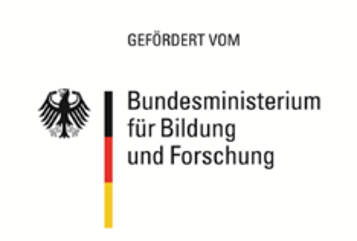Literaturdatenbank
Overcoming COVID-19 vaccination resistance when alternative policies affect the dynamics of conformism, social norms, and crowding out
Beschreibung
What is an effective vaccination policy to end the COVID-19 pandemic? We address this question in a model of the dynamics of policy effectiveness drawing upon the results of a large panel survey implemented in Germany during the first and second waves of the pandemic. We observe increased opposition to vaccinations were they to be legally required. In contrast, for voluntary vaccinations, there was higher and undiminished support. We find that public distrust undermines vaccine acceptance, and is associated with a belief that the vaccine is ineffective and, if enforced, compromises individual freedom. We model how the willingness to be vaccinated may vary over time in response to the fraction of the population already vaccinated and whether vaccination has occurred voluntarily or not. A negative effect of enforcement on vaccine acceptance (of the magnitude observed in our panel or even considerably smaller) could result in a large increase in the numbers that would have to be vaccinated unwillingly in order to reach a herd-immunity target. Costly errors may be avoided if policy makers understand that citizens' preferences are not fixed but will be affected both by the crowding-out effect of enforcement and by conformism. Our findings have broad policy applicability beyond COVID-19 to cases in which voluntary citizen compliance is essential because state capacities are limited and because effectiveness may depend on the ways that the policies themselves alter citizens' beliefs and preferences.
Erschienen
2021
Themen
Krisenwahrnehmung
Krisenkommunikation
Pandemiebezogene Maßnahmen
Krisenkommunikation
Pandemiebezogene Maßnahmen
Autor*innen
Schmelz, Katrin
Bowles, Samuel
Bowles, Samuel
Zeitschrift
Proceedings of the National Academy of Sciences of the United States of America
Band
118
DOI
10.1073/pnas.2104912118
